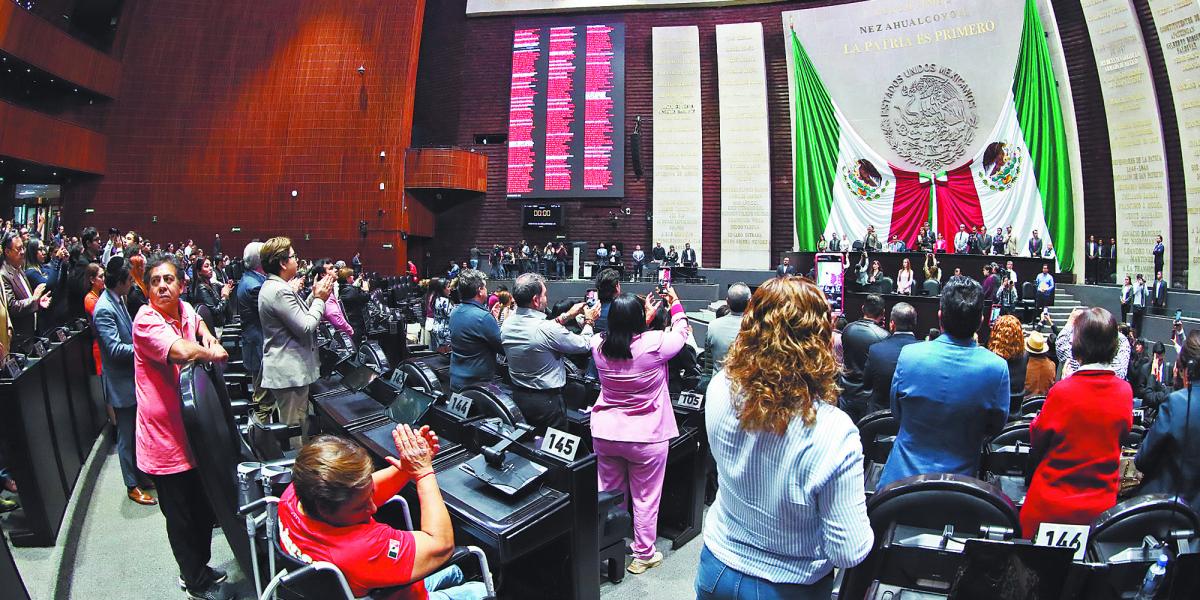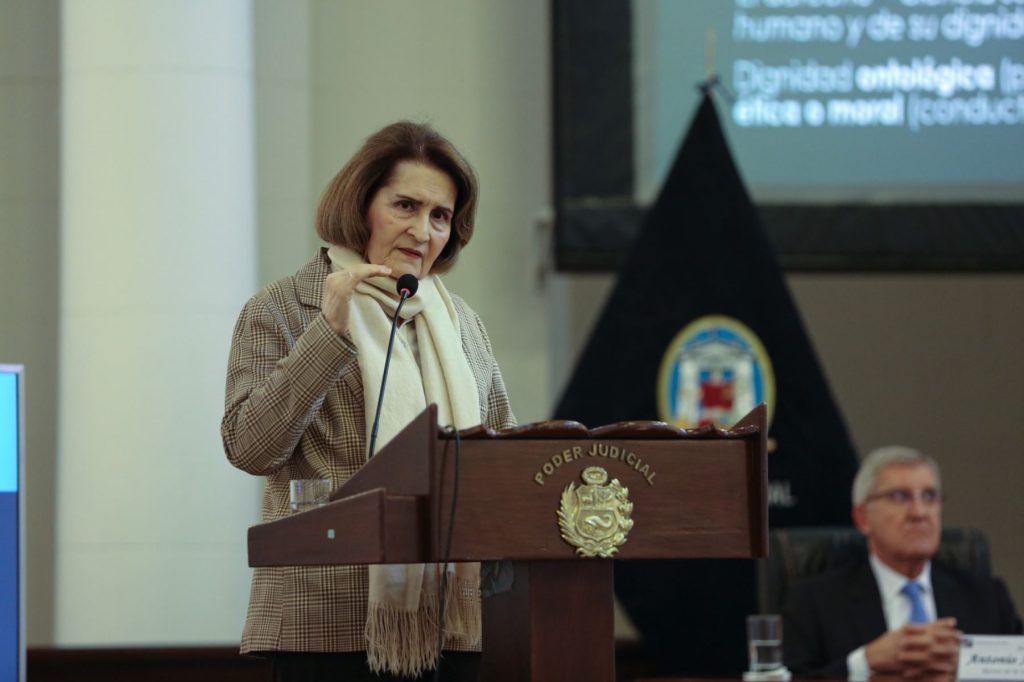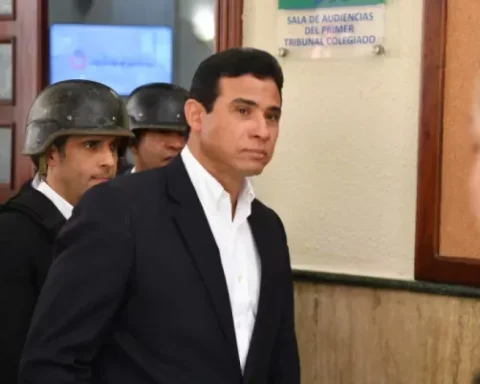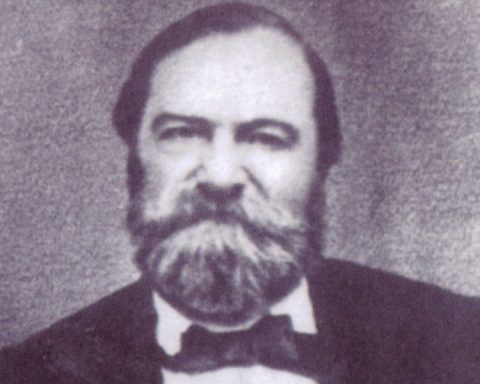The Decree that reforms the first paragraph of section II of article 107, and adds a fifth paragraph to article 105, of the Political Constitution of the United Mexican States, regarding the unchallengeability of additions or reforms to the Constitution Federal was published last night in the Official Gazette of the Federation (DOF).
Article 105 states:
“Constitutional controversies or unconstitutionality actions that aim to contest additions or reforms to this Constitution are inadmissible.”
And Article 107 provides:
“II. The sentences pronounced in the amparo trials will only deal with complainants who have requested it, limiting themselves to protecting and protecting them, if appropriate, in the special case about which the claim is based. In the case of amparo proceedings that resolve the unconstitutionality of general norms, in no case will the sentences issued establish general effects. The amparo trial against additions or reforms to this Constitution will not proceed.”
“The matters that are in process must be resolved in accordance with the provisions contained in this Decree,” states the second transitional article.
Declaration
Yesterday afternoon, after counting the approval votes of 23 state Legislatures and Mexico City, the Congress of the Union declared the Constitution reformed, in terms of the unchallengeability of additions or reforms to the Constitution.
“The decree amending article 107 is approved and a fifth paragraph is added to article 105 of the Political Constitution of the United Mexican States, regarding the unchallengeability of additions or reforms to the Federal Constitution. It is sent to the Official Gazette of the Federation for publication,” said Gerardo Fernández Noroña, president of the Board of Directors of the Chamber of Senators.
The Congresses of Baja California, Baja California Sur, Campeche, Chiapas, Colima, Durango, Guerrero, Hidalgo, México, Morelos, Nayarit, Oaxaca, Puebla, Quintana Roo, San Luis Potosí, Sinaloa, Sonora, Tabasco, Tamaulipas approved the constitutional amendment , Yucatán, Zacatecas and Mexico City.
Because it is a reform of the Constitution, once approved by the Congress of the Union it must also be approved by the majority of the 32 Legislatures of the states and of Mexico City; that is, for at least 17.
Fernández Noroña instructed the Senate’s legal counsel to request the Court to dismiss all jurisdictional appeals processed against the reform in matters of the Judiciary.
“For the above, having made the constitutional declaration, in my capacity as legal representative of the Chamber of Senators, based on the provisions of article 67 of the Organic Law of the General Congress of the United Mexican States, I instruct the Legal Directorate of the Senate of the Republic so that immediately, once the reform regarding unimpeachability has been promulgated and published and in force, it requests before the Supreme Court of Justice of the Nation the dismissal of all controversy in unconstitutionality actions and amparo trials that are processed against the reform (…) Nothing outside the law, no one above the law,” he stated.
After the declaration and demanding the use of the floor, Alejandro Moreno (PRI) went up to the Board of Directors area and faced Fernández Noroña in his seat as president; there was scandal.
“Don’t put your finger on me (…) Respect for the Presidency (…) Don’t touch me,” the Morenista demanded of the PRI member, who angrily asked “don’t yell at me!”
“I understand that there may be outbursts and tensions, but we have to be very careful, because Senator Moreno is a man, and so am I. And it seems to me that we have to respect each other,” concluded Fernández Noroña.
During the declaration of constitutional validity of the reform, previously carried out by the Chamber of Deputies, Ricardo Monreal, president of the Political Coordination Board (JCP) and coordinator of the Morena bench, explained why the constitutional reform of unchallengeability was made.
“Because there is an attempt to abuse, as has happened in recent days, where judges have dared to violate the Amparo Law that declares inadmissible any act that tends to challenge reforms or additions to the Constitution.

















